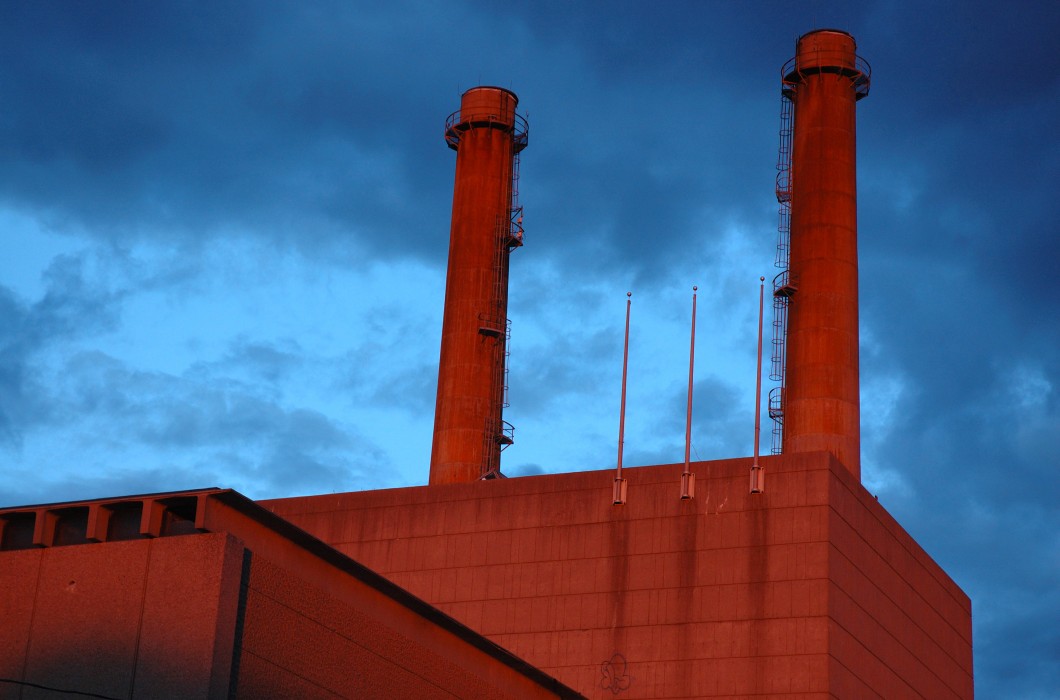Client
Ville de Québec
projeCt Description
In April 2011, the City of Québec launched a call for tenders (No. VQ-43777) to select a consultant whose task was to carry out an opportunity study and a detailed feasibility study for the recovery of the incinerator’s energy. This project was part of an initiative aimed at making use of the steam produced by the incinerator.
Highlights
The City of Québec contracted the consortium formed by Econoler, GCM Consultants and their technical partners to identify a solution that would make the maximum use of the incinerator’s energy on a continuous and sustainable basis, while offering optimal benefits to the city and the community.
The first step of this project involved assessing the opportunities to
- collect, analyze and review past studies relevant to this assignment;
- define the contextual scenarios to consider when evaluating the various options;
- propose the most appropriate solutions in technical, economic, social and environmental terms, and recommend the best possible solution.
The installation of a 20 MW cogeneration unit and the rolling-out of an urban heating network were two of the proposed solutions. The selected solution to be analyzed in the second phase of this study, more specifically in the detailed feasibility study, was the rolling out of an urban heating network.
The study had the following objectives:
- Making detailed estimates of construction costs and operating costs;
- Studying the legal framework;
- Selecting a business model and drafting a standard contract.
The study also aimed at evaluating the project’s profitability by
- establishing a methodology taking into account the context, business model and the of the clients and the City of Québec;
- determining the rate structure;
- quantifying the risks;
- quantifying the potential savings for the clients and revenues for the City of Québec.
The study’s further objective was to quantify the project’s social and environmental impacts by
- identifying the positive and negative effects of the projects;
- quantifying greenhouse gas emissions reductions and water consumption reductions;
- evaluating the risks associated with abandoning the project.
Recommendations were also made as part of the detailed feasibility study.
The final feasibility study was submitted in April 2014. In 2015, the City of Québec contracted Econoler to update the feasibility study as to consider the following new elements:
- the preparation of a waste management plan by the Communauté métropolitaine de Québec – Rive-Nord;
- the Quebec draft regulation on the energy recovery of waste materials;
- the planned commercial, residential and institutional projects on the heating network route;
- the City of Québec’s regaining control of the management of the incinerator.
The project studied in this update included a steam network, a hot water network and cogeneration units.
Findings from the studies conducted by Econoler provided the City of Québec with a complete overview of issues, which will help them make informed decisions on recovering the steam generated by the incinerator.



